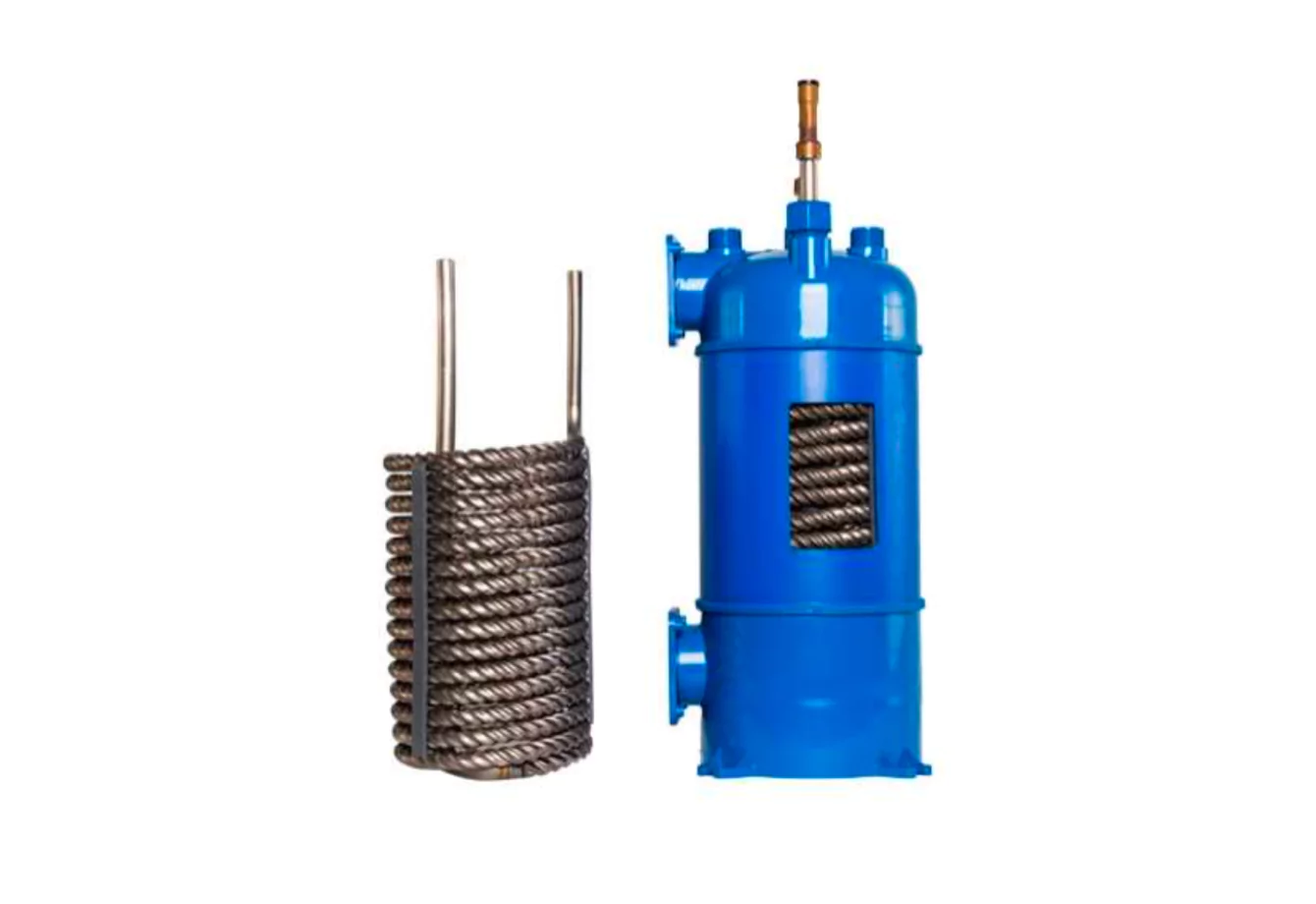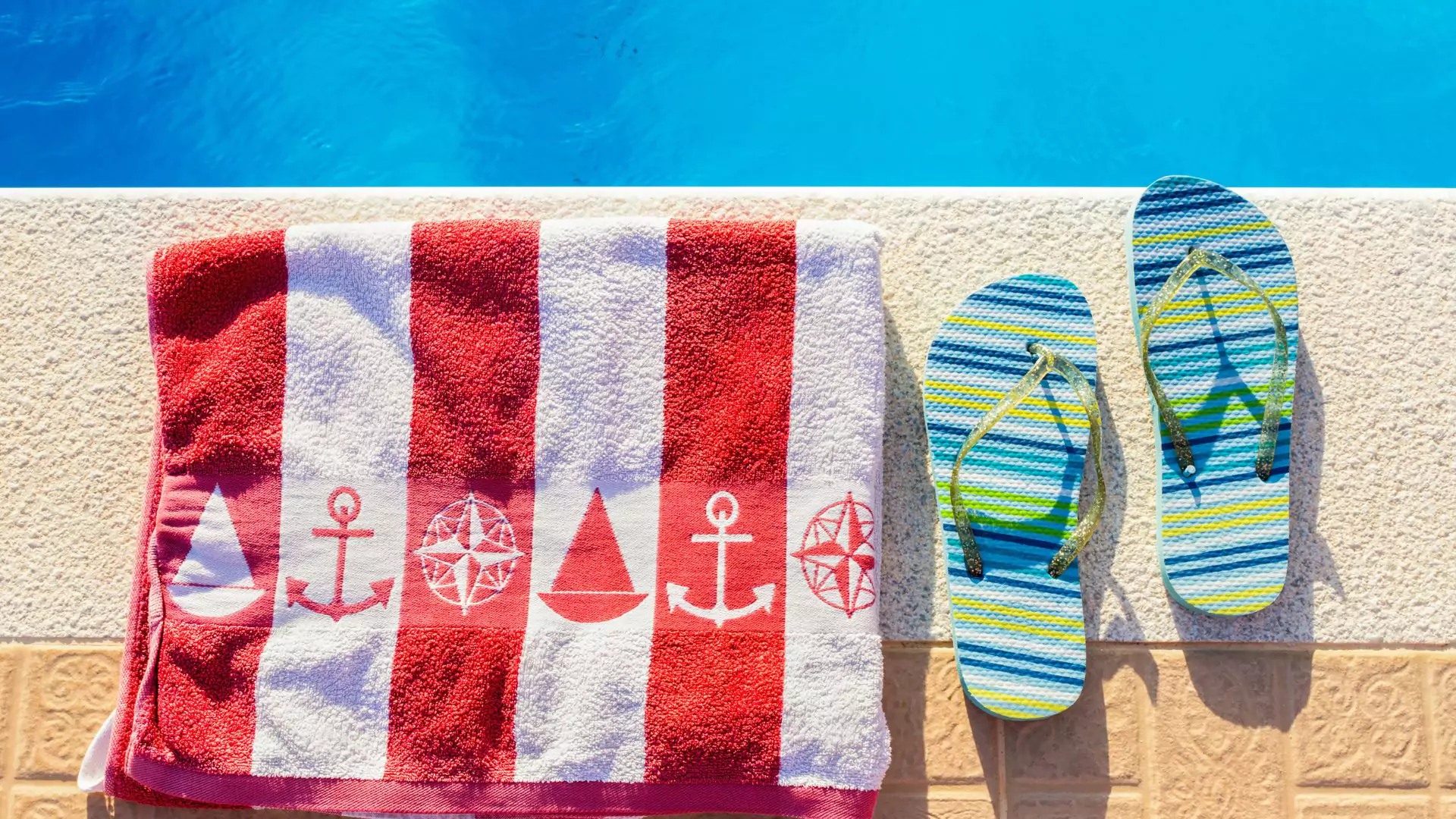Quick Answer: Pool Heat Pump Lifespan at a Glance
| Pool Heater Type | 평균 수명 | 최상의 대상 |
|---|---|---|
| 수영장 히트 펌프 | 10-20 years | Long-term efficiency |
| 가스 풀 히터 | 5-10년 | Quick heating |
| Electric Pool Heater | 15~20년 | Small pools |
| 태양열 수영장 히터 | 10-15+ years | Eco-friendly option |
Pool heat pumps typically last between 10 to 20 years, with some high-quality models reaching up to 25 years with proper care. According to a Consumer Reports analysis, the median expected lifespan is 15년. However, about 50% of heat pumps installed between 2005 and 2021 may experience problems by year 8, which shows how important proper maintenance really is.
“The key to maximizing your pool heat pump’s lifespan isn’t just buying a quality unit – it’s about consistent maintenance and understanding your system’s needs.” – Mark Rodriguez, Senior Pool Equipment Technician, AquaCal
What Affects How Long Your Pool Heat Pump Lasts?
Quality and Materials Matter Most
The materials used in your pool heat pump significantly impact its lifespan. Furthermore, titanium heat exchangers are the gold standard because they resist corrosion much better than copper or cupronickel alternatives. Additionally, high-quality manufacturers like ZN often use superior components that can handle harsh pool chemicals without breaking down quickly.

Durable titanium heat exchanger
Water Chemistry Balance Is Critical
Balanced water chemistry protects your pool heat pump from chemical damage. Specifically, high chlorine or bromine levels can corrode internal components, especially the heat exchanger. Therefore, maintaining proper pH levels between 7.2 and 7.6 prevents acid damage that shortens your unit’s life.
Moreover, alkalinity should stay between 80-120 ppm to prevent scale buildup. As a result, regular water testing becomes essential for protecting your investment and ensuring optimal performance year after year.
Regular Maintenance Extends Life
Consistent maintenance is the most controllable factor affecting your pool heat pump’s lifespan. In fact, units that receive annual professional servicing typically last 5-7 years longer than neglected ones. This includes cleaning air filters, checking electrical connections, and ensuring proper water flow throughout the system.
“We’ve seen heat pumps last over 20 years with proper maintenance, while neglected units fail within 8-10 years. The difference is dramatic.” – Sarah Chen, Pool Equipment Engineer, Medallion Energy
7 Simple Ways to Make Your Pool Heat Pump Last Longer
Keep Your Unit Clean and Clear
1. Remove debris regularly – Clear leaves, twigs, and dirt from around your heat pump weekly. This ensures proper airflow and prevents overheating that damages internal components.
2. Clean air filters monthly – Dirty filters force your heat pump to work harder, which reduces efficiency and shortens its lifespan significantly.
Protect Against Power Issues
3. Install surge protection – Power surges from storms or electrical issues can damage expensive components. Therefore, a compressor defender saves hundreds in repair costs.
4. Use your heat pump regularly – Running your system frequently keeps parts moving and prevents seals from drying out. However, avoid constant temperature adjustments that strain the system.
Smart Usage Habits
5. Use a pool cover – Pool covers reduce heat loss by up to 70%, which means your heat pump works less to maintain temperature. Consequently, this reduces wear and extends lifespan.
6. Schedule annual professional service – Professional technicians catch small problems before they become expensive repairs. Additionally, they ensure optimal performance and efficiency.
7. Direct sprinklers away – Poor-quality water from sprinkler systems can damage internal components. Therefore, ensure sprinklers don’t spray directly onto your heat pump unit.
When Should You Replace Your Pool Heat Pump?
주의해야 할 경고 신호
Several clear indicators suggest your pool heat pump needs replacement soon. First, frequent breakdowns signal that major components are failing. If you’re calling for repairs more than twice per year, replacement becomes more cost-effective than continued fixes.
또한, inefficient heating means your system struggles to maintain pool temperature. This happens when internal components wear out and can’t transfer heat effectively anymore.
Age-Based Guidelines
Most pool heat pumps reach replacement time between 10-15년. However, well-maintained units can last up to 20 years, while neglected ones may fail within 8 years. Therefore, age combined with performance issues indicates replacement time.
“Once a heat pump hits 12-15 years, we typically recommend replacement over major repairs. The technology improvements and energy savings usually justify the investment.” – Mike Thompson, Pool Systems Specialist, Blue Utopia Pools
Cost Comparison: Repair vs Replace
When repair costs exceed 50% of replacement cost, choosing a new unit makes financial sense. For example, heat exchanger replacement can cost $1,000-$2,000, while a new efficient heat pump ranges from $2,500-$5,000 installed.
Furthermore, newer models offer better energy efficiency, which reduces operating costs significantly. As a result, the energy savings often offset the replacement cost within 3-5 years.
Choosing a Long-Lasting Pool Heat Pump
Material Quality Factors
When selecting a pool heat pump for maximum longevity, material quality should be your top priority. Specifically, titanium heat exchangers offer superior corrosion resistance compared to copper or cupronickel alternatives. Moreover, stainless steel components handle harsh pool chemicals much better than standard metals.
또한, 녹과 풍화에 강한 분체 도장 캐비닛이 적용된 제품을 찾으십시오. 더 나아가, 우수한 제조사들은 수년간 습기와 온도 변화를 견디는 선급(船級) 배선 및 연결 방식을 사용합니다.
적정 규모 선정의 중요성
적절한 규모의 수영장 히트 펌프는 불필요하게 과도하게 작동하지 않아 더 오래 지속됩니다. 구체적으로, 과대 규모 장치는 자주 켜지고 꺼지며 이로 인해 구성품이 더 빨리 마모됩니다. 반대로, 과소 규모 장치는 지속적으로 가동되어 과부하로 인한 조기 고장을 초래합니다.
전문적인 규모 선정은 수영장 용량, 원하는 온도 상승 폭, 지역 기후 조건을 고려합니다. 결과적으로, 적절히 규모가 선정된 장치는 효율적으로 작동하며 구성품에 과도한 부담을 주지 않고 일정한 온도를 유지합니다.
“적정 규모 선정은 매우 중요합니다. 저희는 과대 또는 과소 규모로 설치된 경우에 비해 적정 규모로 설치된 장치에서 30% 더 긴 수명을 확인했습니다.” - 제니퍼 파커, 수영장 엔지니어링 컨설턴트, 아웃도어 다이렉트
자주 묻는 질문
수영장 히트 펌프는 얼마나 자주 점검해야 하나요?
최적의 성능과 수명을 위해서는 연간 전문 점검을 권장합니다. 그러나 월별 육안 점검은 문제를 조기에 발견하는 데 도움이 됩니다. 또한, 수영 시즌 동안 4-6주마다 공기 필터를 청소하여 효율성을 유지하십시오.
더 나아가, 봄 시동 및 가을 정지 서비스를 통해 히트 펌프가 계절 간 적절히 전환되도록 합니다. 따라서 이러한 예방적 접근 방식은 장비 수명을 크게 연장하고 비용이 많이 드는 긴급 수리를 방지합니다.
수영장 히트 펌프 교체가 필요한 징후는 무엇인가요?
교체 시기가 다가오고 있음을 나타내는 몇 가지 경고 신호가 있습니다. 첫째, frequent breakdowns 주요 구성품의 고장을 암시합니다. 둘째, 비효율적인 가열은 시스템이 원하는 온도를 효과적으로 유지하기 위해 고군분투함을 의미합니다.
또한, 녹, 부식 또는 물리적 손상과 같은 가시적인 마모는 내부 문제를 나타냅니다. 마지막으로, 히트 펌프가 12-15년 이상 되었고 값비싼 수리가 필요한 경우, 교체가 종종 더 나은 경제적 선택이 됩니다.
수영장 히트 펌프를 교체하지 않고 수리할 수 있나요?
특히 비교적 새로운 장치의 경우, 많은 히트 펌프 문제는 비용 효율적으로 수리할 수 있습니다. 예를 들어, 온도 조절기 교체, 팬 모터 수리 또는 냉매 재충전으로 종종 완전한 기능을 회복할 수 있습니다. 그러나 열교환기 손상과 같은 주요 구성품 고장은 교체를 고려해야 할 수 있습니다.
일반적으로, 수리 비용이 교체 비용의 50%를 초과하거나, 장치가 10년 이상 되었고 여러 문제가 있는 경우, 교체가 더 경제적입니다. 따라서 자격을 갖춘 기술자와 상담하여 수리와 교체 옵션을 평가하십시오.
수영장 히트 펌프의 유형이 수명에 어떤 영향을 미치나요?
인버터 히트 펌프는 일반적으로 압축기 속도를 자동으로 조절하여 기계적 스트레스를 줄이기 때문에 더 오래 지속됩니다. 또한, 풀 인버터 모델은 더 효율적으로 작동하며 작동 주기를 줄이면서 일정한 온도를 유지합니다.
더욱이, 단일 속도 히트 펌프는 더 단순하지만 빈번한 켜기/끄기 작동으로 인해 더 많은 마모를 경험할 수 있습니다. 따라서 가변 속도 기술에 투자하는 것은 종종 더 긴 서비스 수명과 시간이 지남에 따라 더 나은 에너지 효율성을 제공합니다.
수명을 위해 고품질 수영장 히트 펌프에 투자할 가치가 있나요?
물론입니다! 티타늄 열교환기와 고급 기능을 갖춘 프리미엄 히트 펌프는 일반적으로 기본 모델보다 5-7년 더 오래 지속됩니다. 또한, 더 나은 보증을 포함하는 경우가 많으며 수명 전반에 걸쳐 유지보수가 덜 필요합니다.
또한, 고품질 장치는 더 효율적으로 작동하여 에너지 비용을 크게 절감합니다. 결과적으로, 초기 투자는 종종 장치의 수명 동안 에너지 절감과 수리 비용 감소를 통해 회수됩니다.
“품질은 장기적으로 보상을 합니다. 저희는 고객 데이터를 추적한 결과, 프리미엄 제품이 평균 18-20년, 예산형 모델이 10-12년 동안 서비스되는 것을 확인했습니다.” - 로버트 김, 수영장 장비 애널리스트, 컨슈머 리포츠
결론: 수영장 히트 펌프 투자를 극대화하세요
귀하의 수영장 히트 펌프는 적절한 관리와 유지보수를 통해 15-20년의 신뢰할 수 있는 서비스를 제공할 수 있습니다. 수명에 영향을 미치는 주요 요소에는 재질 품질, 정기적인 유지보수, 균형 잡힌 수질 화학, 적절한 사용 패턴이 포함된다는 점을 기억하십시오. 위에 설명된 7가지 간단한 유지보수 팁을 따르면 히트 펌프의 수명을 크게 연장하고 투자를 보호할 수 있습니다.
가장 중요한 것은 문제가 발생하기를 기다리지 마십시오. 최적의 성능과 수명을 위해서는 사소한 문제가 값비싼 수리로 발전하는 것을 방지합니다. 또한, 시스템 성능을 모니터링하면 계속 수리하는 것보다 교체가 더 비용 효율적인 시기를 인식하는 데 도움이 됩니다.
명심하세요: 잘 관리된 수영장 히트 펌프는 단순한 비용이 아닌, 가족의 편안함과 즐거움을 위한 장기 투자입니다. 오늘부터 그 투자를 보호하기 시작하세요!


